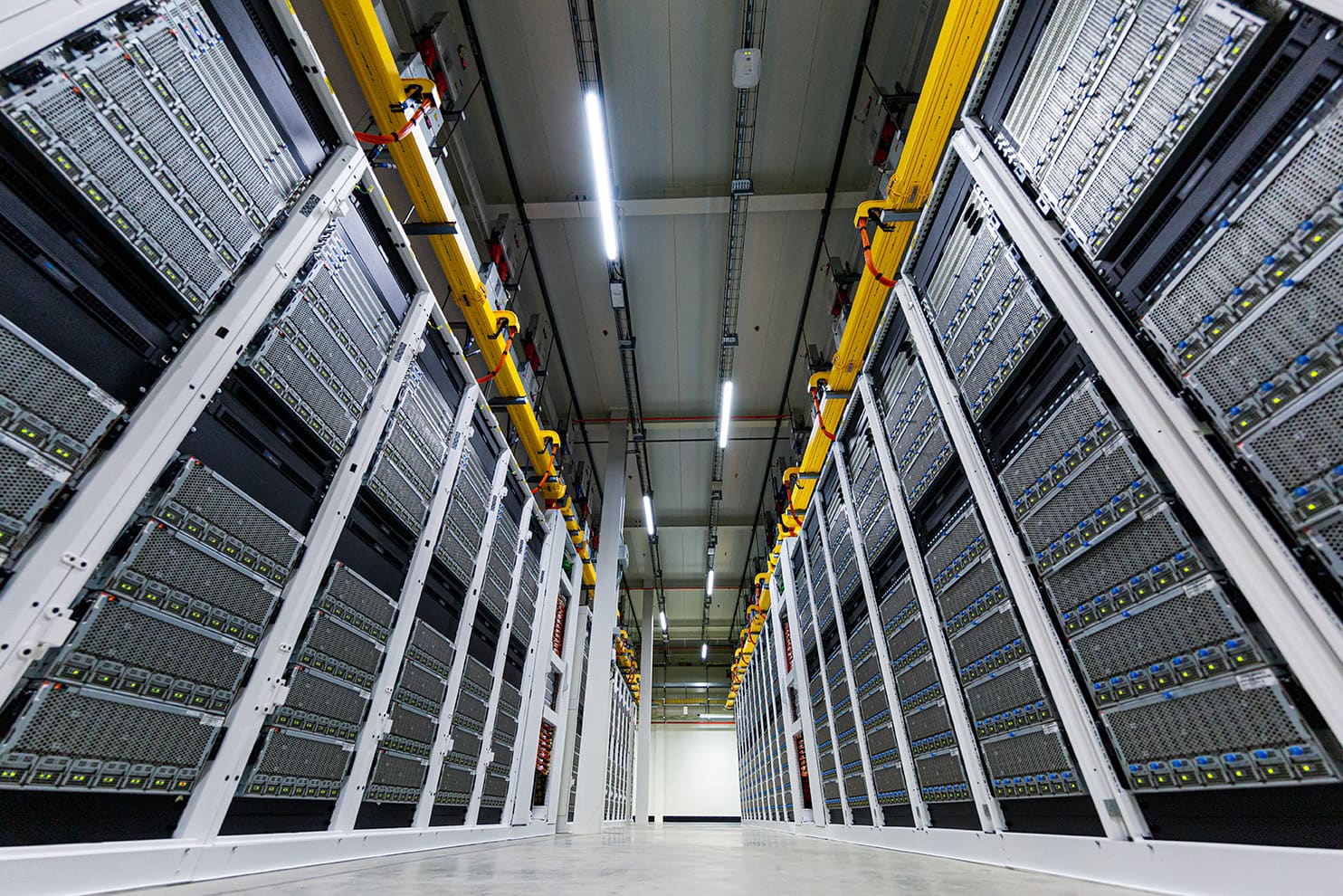Microsoft has acquired 50 hectares of land in Middenmeer, west of the A7 highway, to expand its data center campus in the municipality of Hollands Kroon. This move strengthens the company’s commitment to the Netherlands as a strategic hub in Europe for data storage and the infrastructure needed for artificial intelligence.
Growth Driven by AI and Digital Sovereignty
The decision responds to the and the rising demand for secure storage services across Europe. “We have 300,000 customers who want to store their data nearby, in a sovereign country,” explained Joris Schoonis, CEO of Microsoft Netherlands, in statements to NH Nieuws. According to the executive, geopolitical tensions with Russia reinforce the need to keep data on local infrastructure, with guarantees of sovereignty and resilience.
Lessons Learned After the Initial Controversy
The previous project by Microsoft in the area faced criticism and neighbor protests over the lack of community dialogue. This time, the company assures that it aims for a different approach. “We want to be completely transparent and collaborate more with our neighbors. We’ve learned our lesson,” said Nick Hengelman, Microsoft’s data center director in the Netherlands.
Sustainability as a Pillar
The new campus will feature a public area surrounded by water, which will serve both recreational and technical purposes: rainwater will be collected to cool the facilities, reducing potable water usage.
Microsoft is also considering the installation of solar panels, although it acknowledges they pose fire risks. Additionally, the company has already secured a contract with Vattenfall for electrical supply from the Wieringermeer wind farm, allowing the project to align with the country’s energy transition efforts.
Economic and Social Impact
The construction and commissioning of the new data center are expected to create 350 direct jobs, with 70% of these positions going to local residents, along with approximately 200 indirect jobs in area businesses.
Microsoft will also invest millions of euros in regional educational and training programs, and all employees will dedicate three days per year to volunteering at local schools as part of its corporate social responsibility policy.
Project Timeline
The permitting process will take around a year, after which construction is expected to last several years until the new campus becomes operational.
via: techzine

